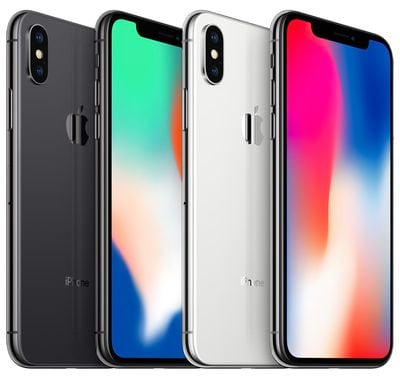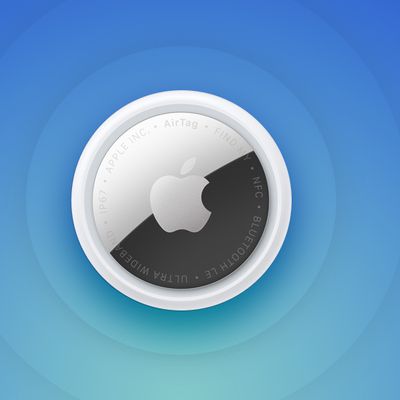Apple will likely face sanctions from the Korean Fair Trade Commission for unfair iPhone contracts that require local carriers to pay advertising and repair costs, reports The Korea Herald, citing industry sources.
Apple's Korean division has been criticized for asking carriers to foot the bill for advertising costs, launch events, and iPhone repairs, leading to an investigation from the Fair Trade Commission. The Korean FTC recently agreed to impose penalties on Apple Korea and has contacted the company for an explanation before making a final decision on whether or not to impose sanctions.

According to The Korea Herald, three Korean carriers, SKT, KT, and LG Uplus, were directed by Apple to air TV commercials promoting the iPhone 8 and the iPhone X, but were reportedly required to pay for the commercials.
"When you see iPhone's TV commercials here, everything is the same except for a telecom operator's logo at the end of the commercials. Still, telecom firms should bear all the costs standing at billions of won," said an executive of one of the three firms on the condition of anonymity.
Apple Korea has been under investigation in Korea since 2016, with the Korean Federal Trade Commission conducting raids in June 2016 and November 2017. It's not clear what kind of fines the company could be facing in the country should the FTC move forward with sanctions.





















Top Rated Comments
Says a guy with California in his signature, home of the few court wins Apple managed to get with patents that were quickly invalidated in other countries.
Accusations of hometown prejudice can be made all over the world.
What bizaroo world do you live in where that sounds reasonable.
Or will car dealers start asking the manufacturer to pay for their advertising too?
Who woulda thunk it?
In any case, it has zero to do with Apple and its carrier contracts.
That might just show that the US still protects Apple execs even more than Korea used to protect Samsung execs.
Some think Jobs should've gotten jail time for his stock scandal, same as other less fortunate execs of smaller companies. Others think he should've gone to trial for his secretive anti-poaching and other anti-trust plots.
But, just like used to happen with Samsung execs, Jobs was deemed too valuable to charge with anything. There's very little difference in the types of influence going on in both cases. Well, except Samsung actually is critical to South Korea's economy and defense, unlike Apple.